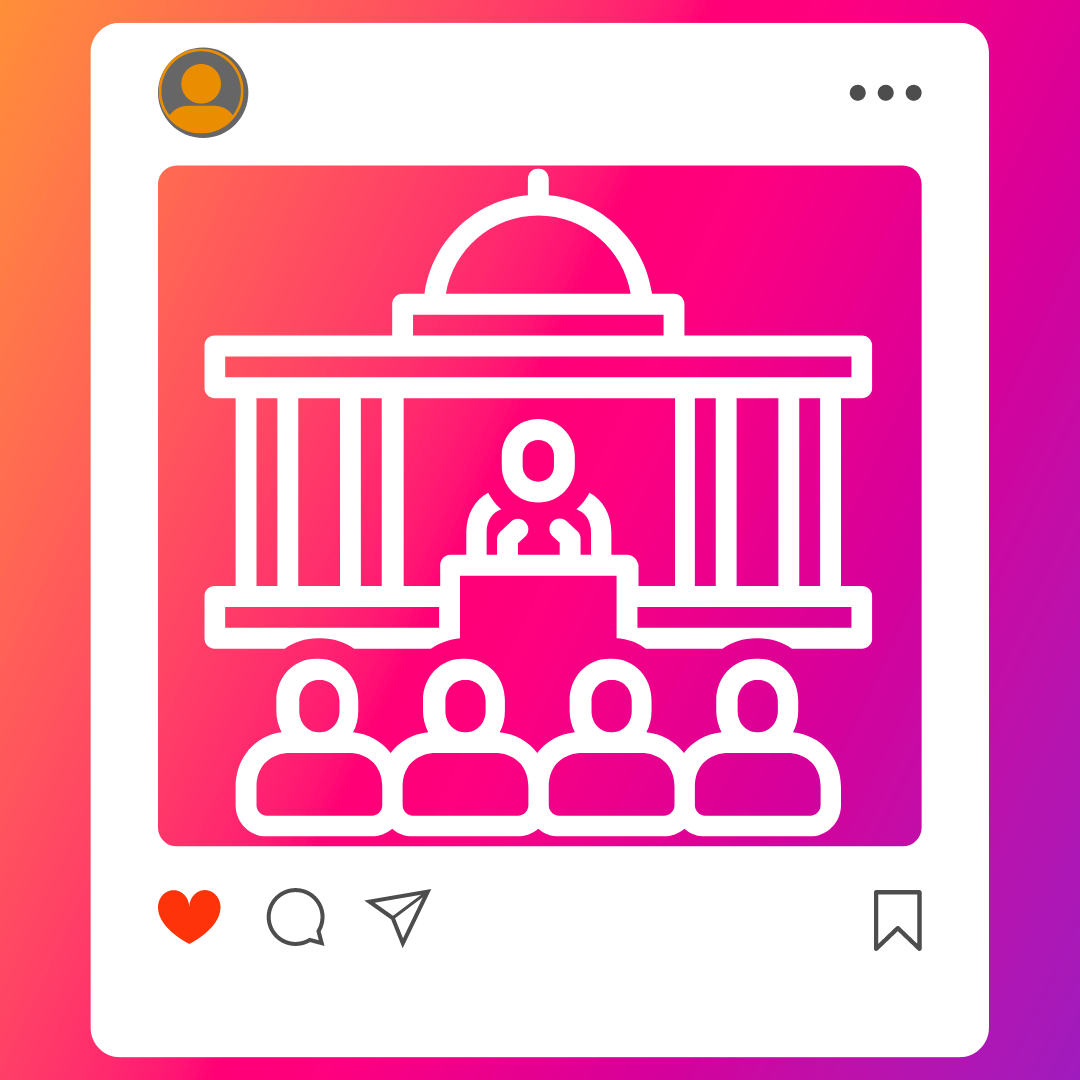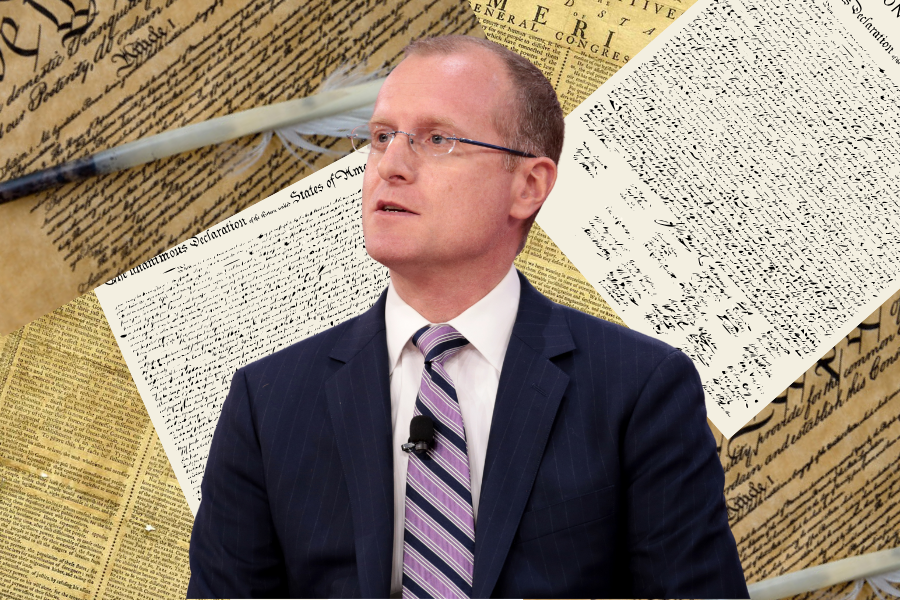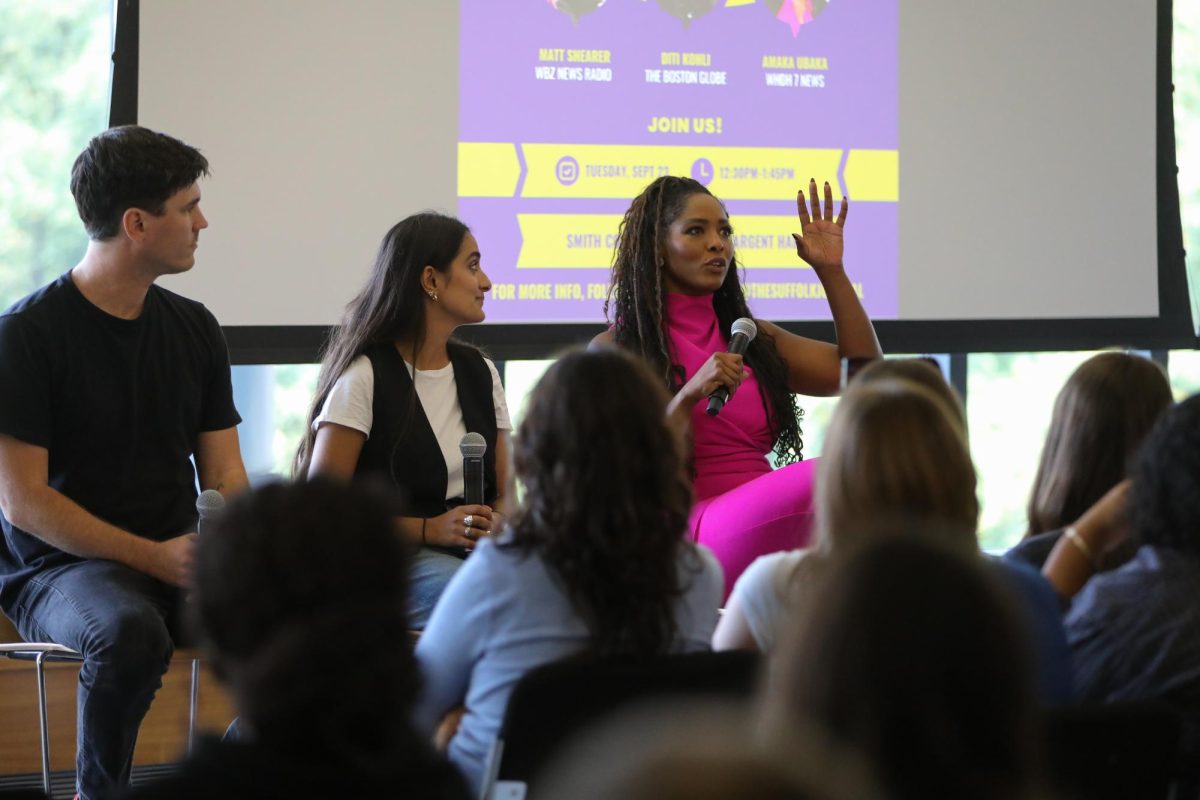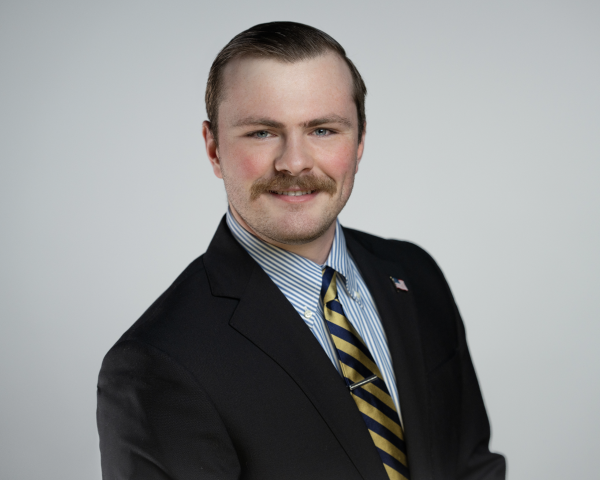For years, social media has given users the ability to use it for anything they can think of. From socializing with family and friends near and far, gaming, operating businesses and much more, there are seemingly no limitations to what can be done on social media. That is, until recently, when Meta decided to limit political content for its users.
Meta Platforms, the parent company of Instagram, Facebook and WhatsApp recently announced that the company is continuing its mission to limit political content, this time by preventing users from seeing political content posted by accounts they do not follow. In a statement on its website, Instagram said in part, “We want Instagram and Threads to be a great experience for everyone. If you decide to follow accounts that post political content, we don’t want to get between you and their posts, but we also don’t want to proactively recommend political content from accounts you don’t follow…we won’t proactively recommend content about politics on recommendation surfaces across Instagram and Threads. If you still want these posts recommended to you, you will have a control to see them.”
In a world that grows more polarizing by the day, this move by Meta to censor what should be considered constitutionally protected speech only reinforces the idea that Meta does not care about free speech, despite Mark Zuckerburg’s comments which would lead one to believe the opposite.
In October of 2019, Zuckerberg spoke at Georgetown University’s McCourt School of Public Policy about the importance of freedom of speech and expression online. In his speech, Zuckerberg spoke about the role Facebook played in jumpstarting the Black Lives Matter and #MeToo movements. He also discussed the role he believed social media should play in censoring political speech on Facebook. In his speech, Zuckerberg raised concerns about limiting the speech of politicians on the platform.
“Even if we wanted to ban political ads, it’s not clear where we’d draw the line. There are many more ads about issues than there are directly about elections. Would we ban all ads about healthcare or immigration or women’s empowerment? If we banned candidates’ ads but not these, would that really make sense to give everyone else a voice in political debates except the candidates themselves? There are issues any way you cut this, and when it’s not absolutely clear what to do, I believe we should err on the side of greater expression,” said Zuckerberg.
While Zuckerberg was only talking about political advertisements, his words just over four years ago helped to underscore the danger that Meta’s censorship policies create. It is no secret that since the creation of social media, political candidates and politicians already in office have been able to turn social media into one of the greatest tools in the history of politics. However, censoring politicians is not even the most dangerous issue at hand concerning Meta’s embracement of oppressive tactics at the behest of authoritarian communist countries like Vietnam, who utilize Facebook to censor free speech online.
By opening the door to censoring political speech, Meta is preventing entire movements and organizations from growing and amassing support. Zuckerberg himself pointed out the fact that without the presence of social media, certain social justice movements would not have existed.
Another issue that Zuckerberg touched upon in his 2019 speech was the lack of concrete definitions for what may constitute political speech. Far too often, Americans debate whether or not certain things may be political in nature. Unfortunately, this thought seems to have escaped Zuckerberg’s mind. Certain issues, like abortion or Second Amendment rights, are topics that would be blocked by the censors. This places the citizens of our republic in danger, as censoring political speech could lead to citizens being uninformed. This may result in laws being broken and important topics being ignored because citizens are unable to remain informed on certain issues.
As the Breitbart Doctrine states, “Politics is downstream from culture.” This idea was popularized by Andrew Breitbart, a conservative commentator who understood how politics would work in the digital age. Breitbart understood the importance of embracing the internet in its earliest stages, unlike others on the right-wing, like Rupert Mudoch, who dismissed it almost entirely. Breitbart understood the importance of confrontational politics,and realized that if one wished to change the political climate of a society, one must change the culture of a society and the thoughts and beliefs of those who partake.
Zuckerberg understands the Breitbart Doctrine better than anybody else in the political sphere. His motives are clear to the everyday user of social media. Although he is currently unable to enact policies and legislation in his current role as the CEO of Meta, he is able to change the culture of nations around the world through policies implemented on his platforms, which result in irreversible changes to the political landscape.
It is up to every person, Republican, Democrat or in between, to resist Zuckerberg’s changes and call for a restoration of free speech on the platforms that he owns.










